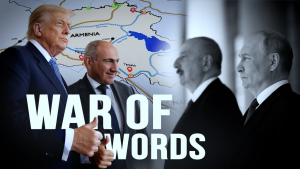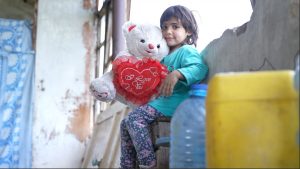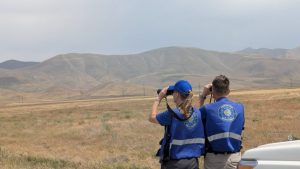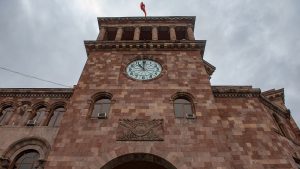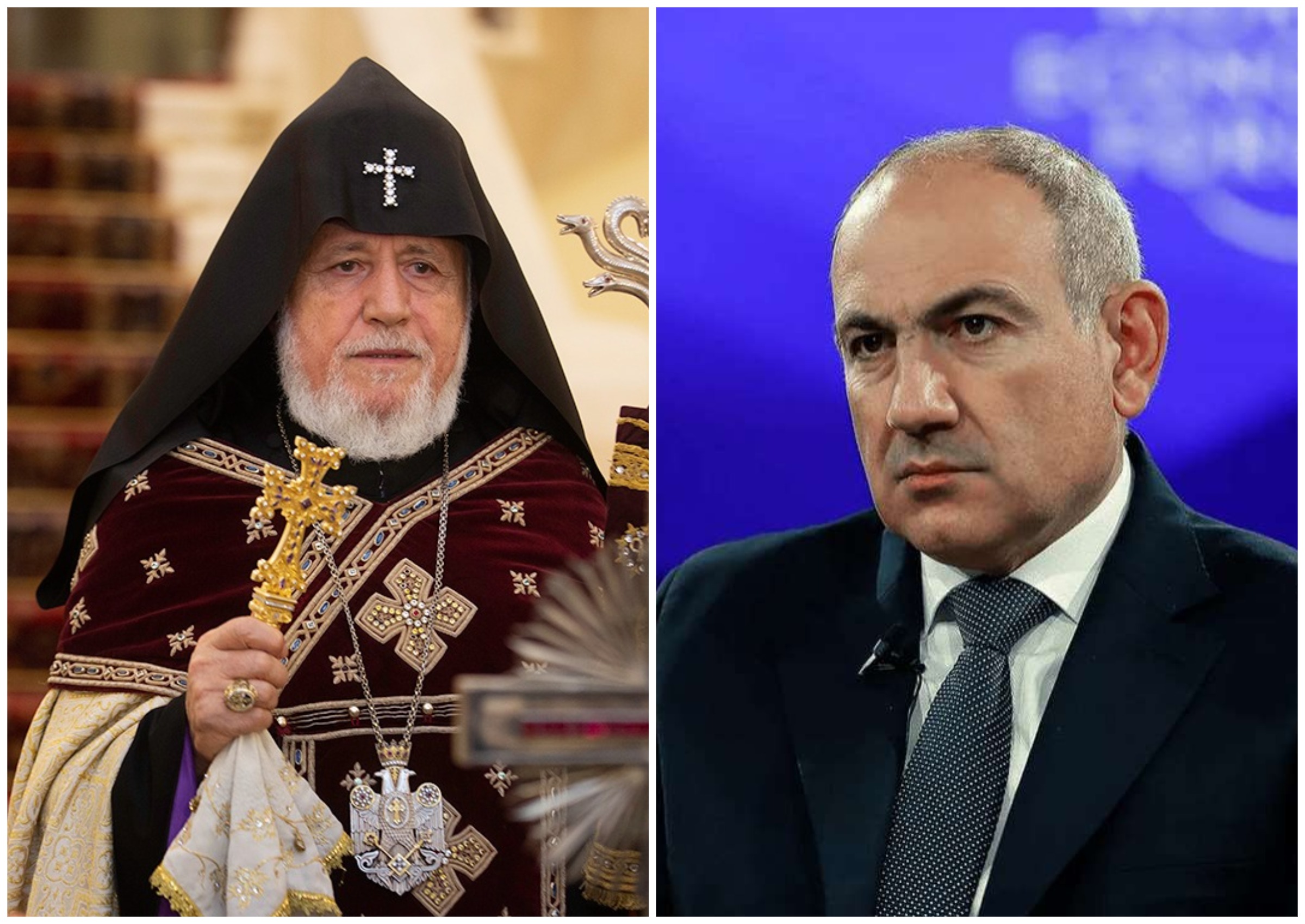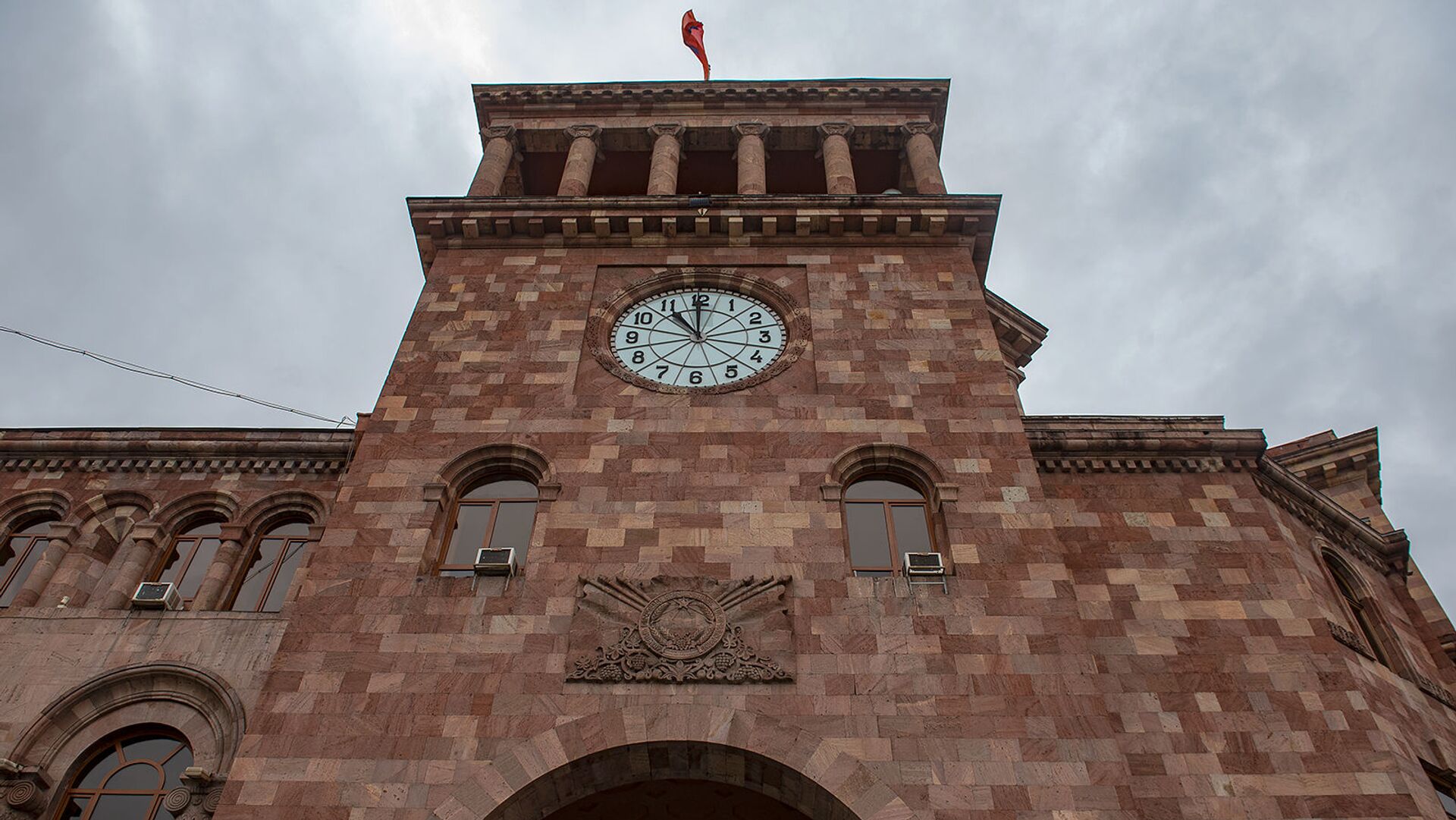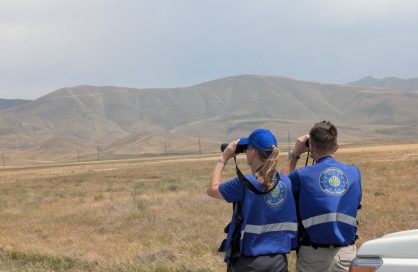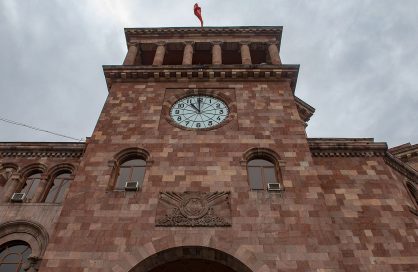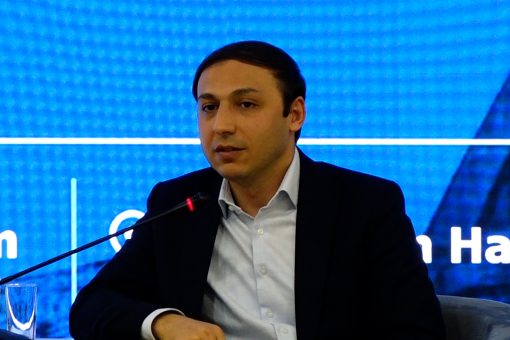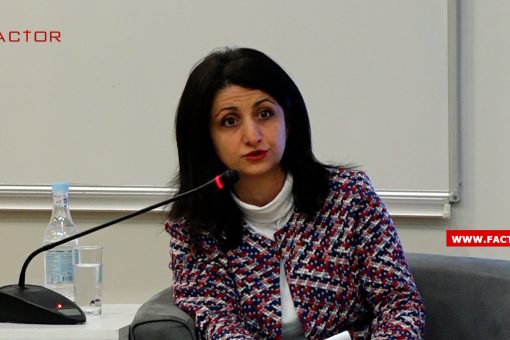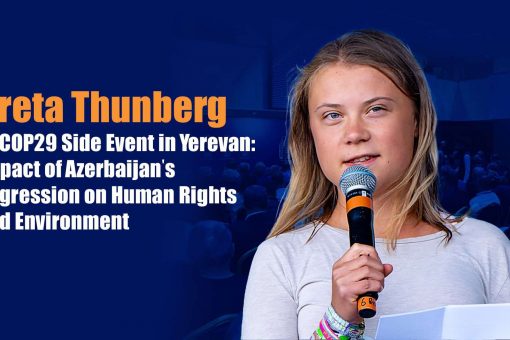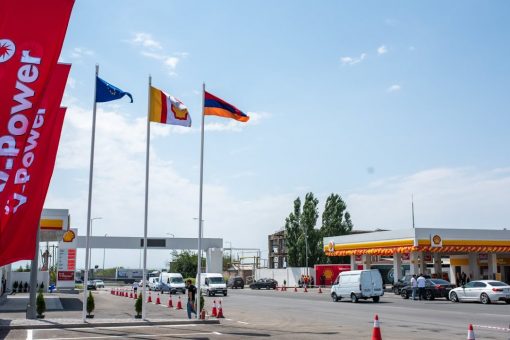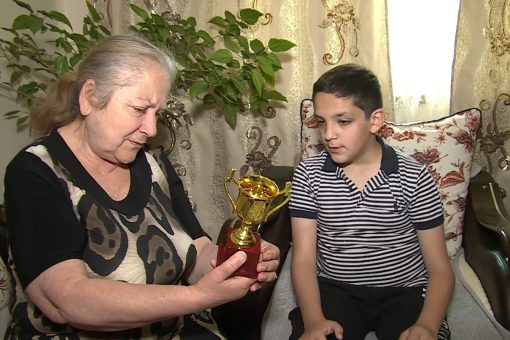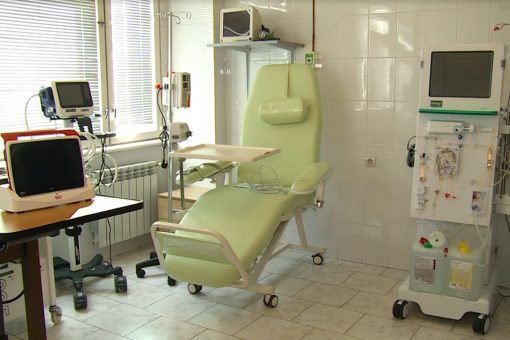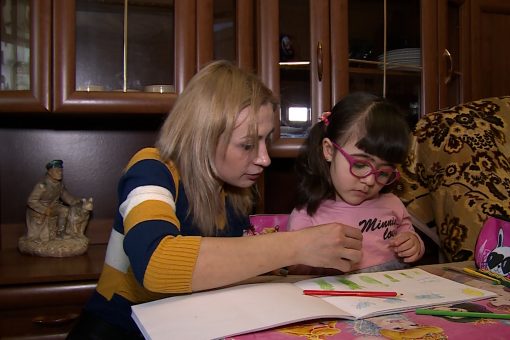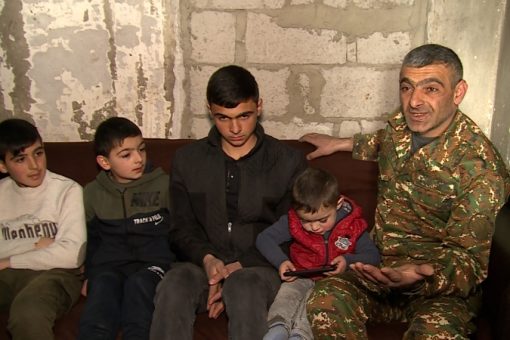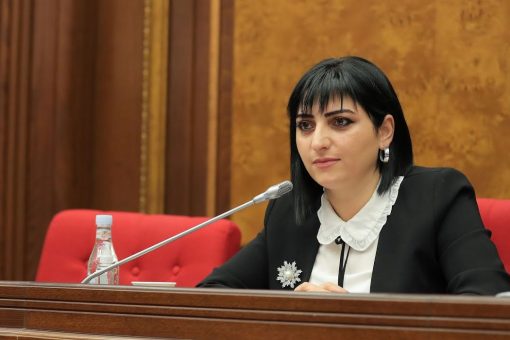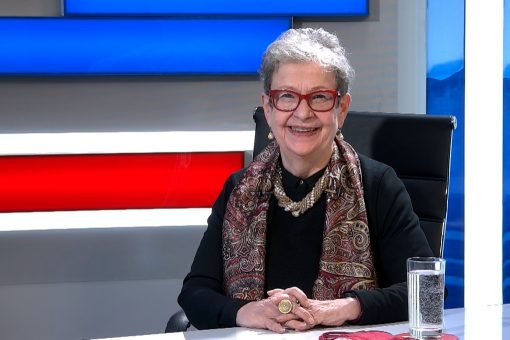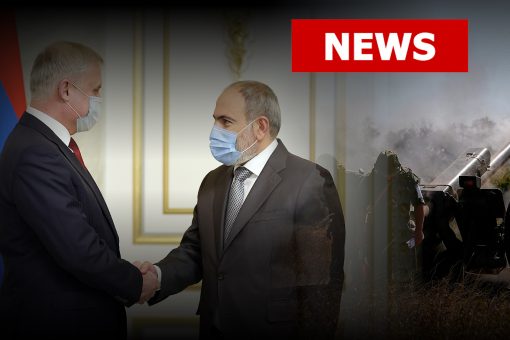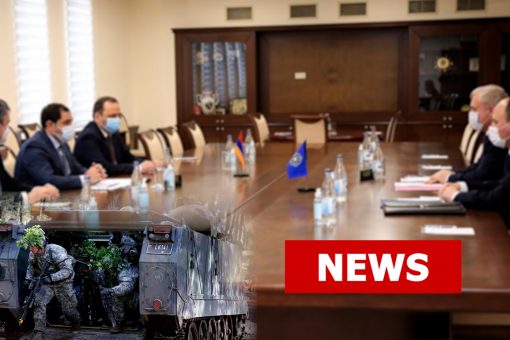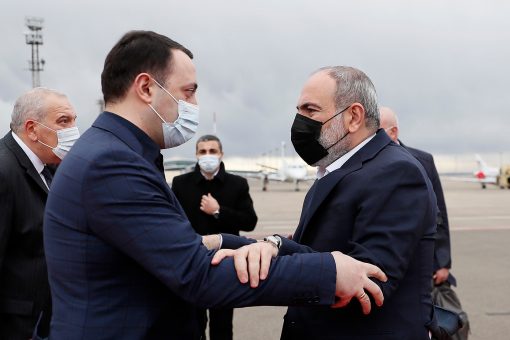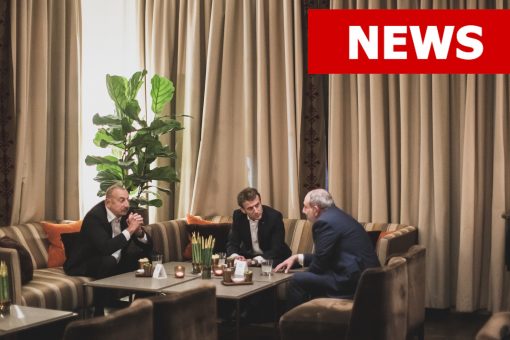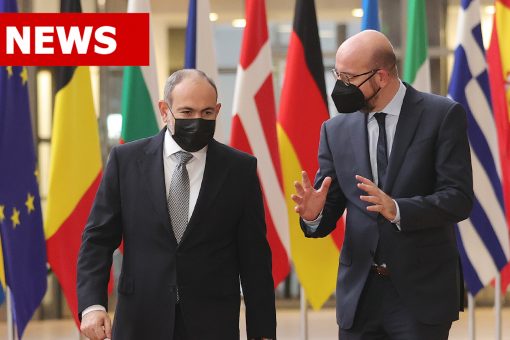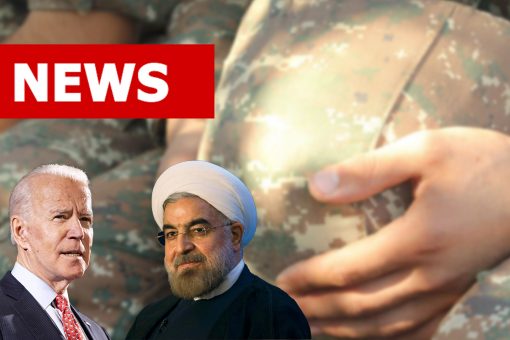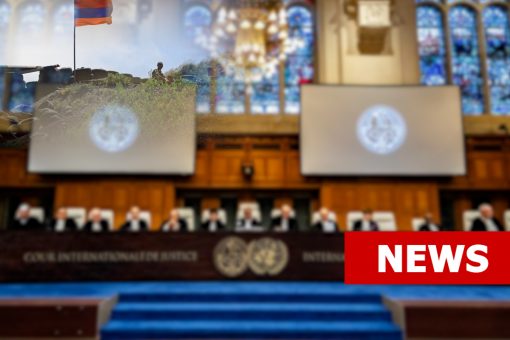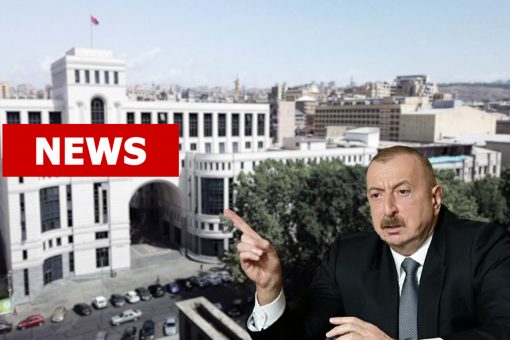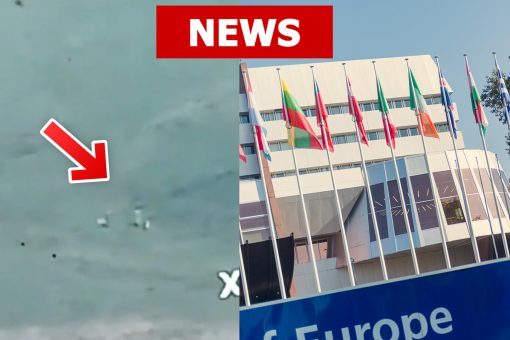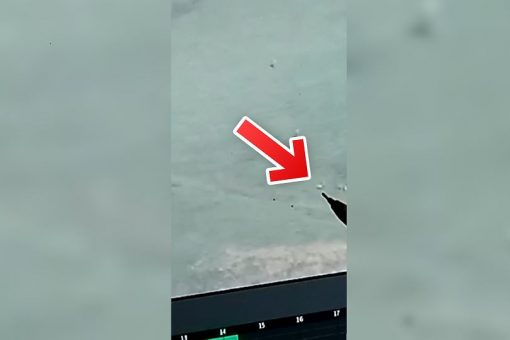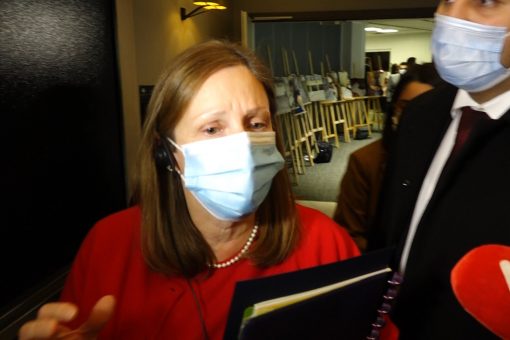PACE passes resolution on humanitarian consequences of Karabakh conflict
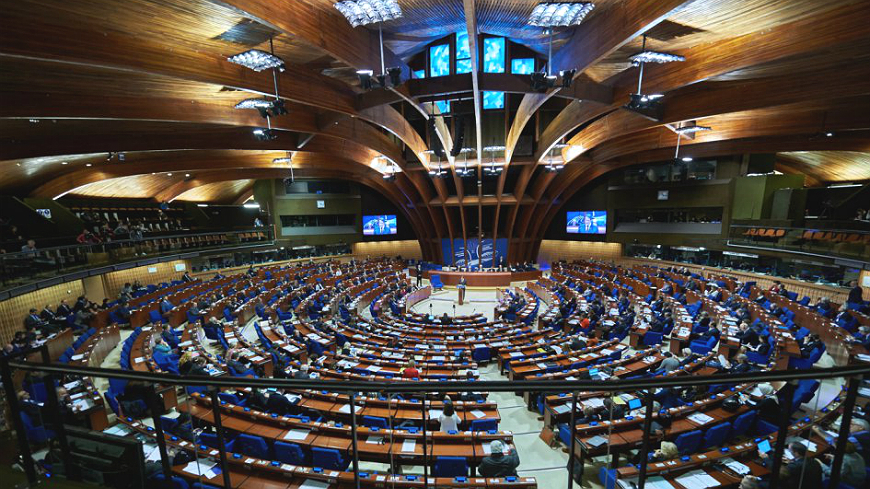
The Council of Europe’s Parliamentary Assembly (PACE) has finalized a draft resolution focusing on the “humanitarian consequences of the conflict between Armenia and Azerbaijan” stating that the 2020 war constitutes a breach of commitments made by the two countries upon their accession to the Council of Europe in 2001 to use only peaceful means to settle said conflict.
The PACE resolution notes that while Article 8 of the November 2020 Trilateral Statement calls for “an exchange of POWs” not all Armenian captives have been returned by Azerbaijan and calls on Baku “to release all remaining captives and return them to Armenia without further delay.”
Below is the text of the resolution:
“PACE remains concerned about the detention conditions of around 48 Armenians captured after the Trilateral statement, who are still in captivity, most of whom have undergone or are undergoing speedy criminal trials, which raise fair trial issues under the European Convention on Human Rights (ETS No. 5).”
The resolution notes that it has received allegations from Armenia and Azerbaijan of crimes, war crimes and other wrongful acts being committed during last year’s war.
It goes on to say that there is evidence that bother Armenia and Azerbaijan indiscriminately used weapons that killed/injured citizens.
Article 8.4 of the resolution states:
“According to the parties, there were 205 Armenian and 548 Azerbaijani casualties. In this respect, Armenian forces appear to have used ballistic missiles and unguided artillery and multiple rocket launchers, while Azerbaijani forces also appear to have used unguided artillery and multiple rocket launchers as well as loitering munitions and missiles launched by drones. Both sides had a responsibility to respect international humanitarian law and protect civilians from explosive weapons certain to have an impact in civilian areas and failed to do so.”
The resolution says that Azerbaijan, with Turkey’s assistance used Syrian mercenaries and that Armenia used Armenians from overseas as “foreign fighters.
In this respect, the resolution states:
“Both countries should co-operate fully with the European Court of Human Rights on the complaints lodged against them, and Turkey is invited to do the same. Unless there is accountability and some form of truth and reconciliation, these allegations will poison relations between the two countries for generations, and the consequences of the conflict will linger.”
The resolution calls on Armenia “to release, without delay, all mine maps in its possession”, urging both sides to cooperate on demining the area.
Regarding the issue of “displaced persons” from Artsakh, the resolution reads:
“PACE shares their feeling of abandonment and notes their concerns over security due to border incidents, the vicinity of Azerbaijani troops, and the regular sound of shots being fired”.
The resolution calls on all involved states to ensure unimpeded access of representatives of international independent humanitarian organisations and mass-media to the Nagorno-Karabakh region.
PACE notes that the 84,000 Azerbaijanis temporarily displaced by the 2020 war, according to Baku, have returned home and Baku now faces the challenge of facilitating the return of the 650,000 displaced by the 1991-1994 war.
“PACE recognises in this respect the enormous challenge faced by Azerbaijan as the territories are heavily mined and the damage is extensive. Areas such as Aghdam and Fuzuli are almost totally destroyed.”
Regarding ongoing tensions along the Armenia-Azerbaijan border, PACE calls on both sides to “de-escalate and keep to the positions agreed by the parties under the Trilateral statement and to negotiate on a process of delimitation and demarcation of the border and examine the possibility of creating a demilitarised zone with the presence of a peacekeeping or military monitoring force.”
In conclusion, PACE says that both Armenia and Azerbaijan are responsible for damaging the other side’s cultural heritage and property during the conflict.
The resolution says that PACE remains concerned, in the light of past destruction, about the future of the many Armenian churches, monasteries, including the monastery in Khutavank/Dadivank, crossstones and other forms of cultural heritage which have returned under Azerbaijan control.
Article 18.4. of the resolution says that PACE is concerened about a developing narrative in Azerbaijan promoting a “Caucasian Albanian” heritage to replace what is seen as an “Armenian” cultural heritage.
PACE recommends that Armenia and Azerbaijan allow UNESCO unlimited access to all cultural heritage sites in both countries to assess the damage and assess the steps necessary to safeguard what remains.
In light of the above, PACE invites the Committee of Ministers to take into account the humanitarian consequences of the conflict when preparing new Action Plans for Armenia (2023-2026) and Azerbaijan (2022-2025) and show flexibility in on-going action plans and adapt them to the consequences of the conflict. The Committee of Ministers is invited to pay particular attention to the needs and rights of displaced persons and issues surrounding their return, confidence building measures for all affected communities, and measures necessary to build tolerant societies and tackle hate speech.









